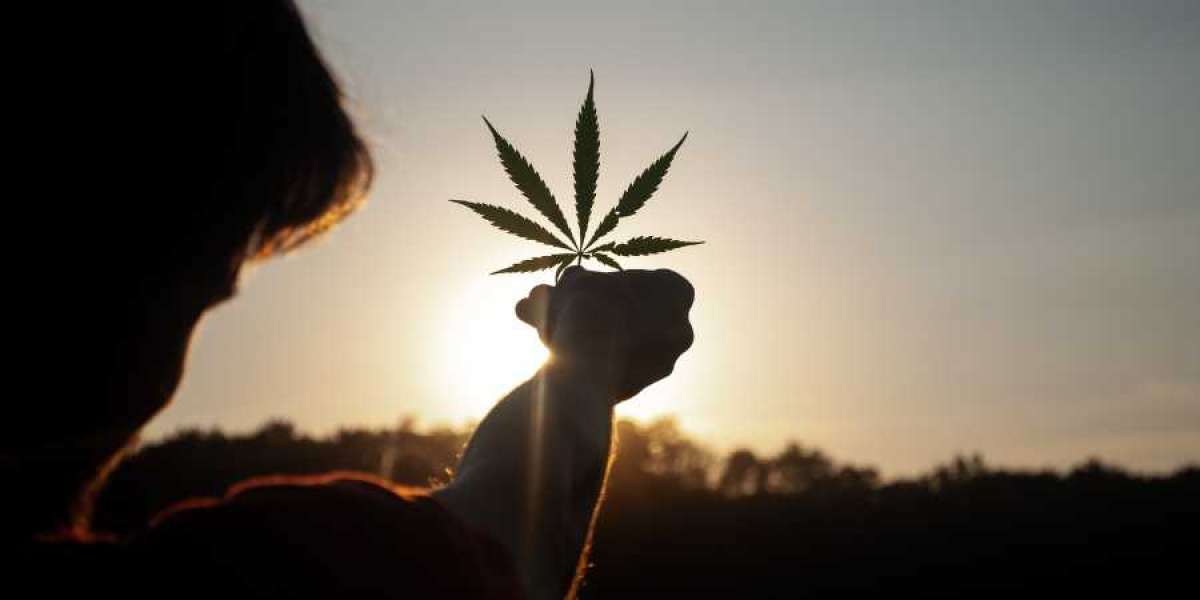Marijuana Addiction is a serious disorder that requires professional help to overcome. Although it is not as harmful as other drugs, such as heroin, cocaine or alcohol, Marijuana can cause psychological dependence and addiction. It can lead to a variety of other disorders, including mental health problems, physical disabilities, social and family issues, and even financial ruin. Marijuana can also be a gateway drug that leads to the abuse of other, more dangerous substances.
A person with Marijuana addiction may develop a tolerance to the drug, meaning they will need more and more of it to achieve the same effects as when they started using. They may also develop psychosis, which can occur when the drug affects a person’s thought processes and perception of reality. This is often accompanied by paranoia and hallucinations.
In addition to the negative psychological effects, marijuana can also affect a person’s motor skills and cause drowsiness. It is also linked to impaired learning and memory. People with this disorder may also experience a decrease in motivation and changes in mood. Some users have difficulty concentrating, and they may be disinterested in hobbies or friends that they once enjoyed. Other signs of Marijuana addiction are a lack of interest in eating, weight loss or gain, and a decline in school or work performance.
If a loved one has a problem with Marijuana addiction, it is important to talk to them about seeking treatment. It is best to approach them when they are not intoxicated and use empathy and compassion. Remember that addiction is a disease and it is not their fault. Also, it is important to avoid blaming them for their addiction and to encourage them to find their own reasons to quit.
Treatment options for Marijuana addiction can include inpatient or outpatient rehab, support groups and therapy. Inpatient rehab is more intensive and may be recommended for people with severe addictions or those who have tried to quit on their own but were unable to do so. Outpatient rehab is more flexible and can be arranged around the person’s daily routine and responsibilities.
Both types of treatment can involve group and individual therapy, as well as recreational activities. Individual and group therapy can provide a safe environment where the addict can discuss their experiences with others without fear of judgment. This can help them see that they are not alone in their struggle and can provide a source of strength to continue with recovery.
Treatment for Marijuana addiction can be expensive. However, there are a number of ways that a person can pay for treatment, including medical insurance and third-party loans. Many employers offer Employee Assistance Programs that can also help cover the cost of treatment. After a person has completed their official Marijuana addiction treatment, they should start to plan for ongoing care. This will help ensure that they do not relapse and can recover long-term. This can include participation in a 12 Step program, continued therapy and psychiatric services.








